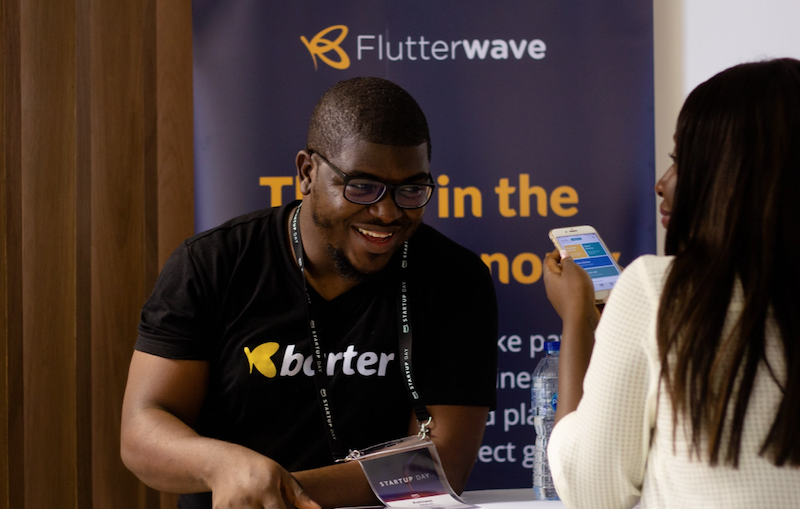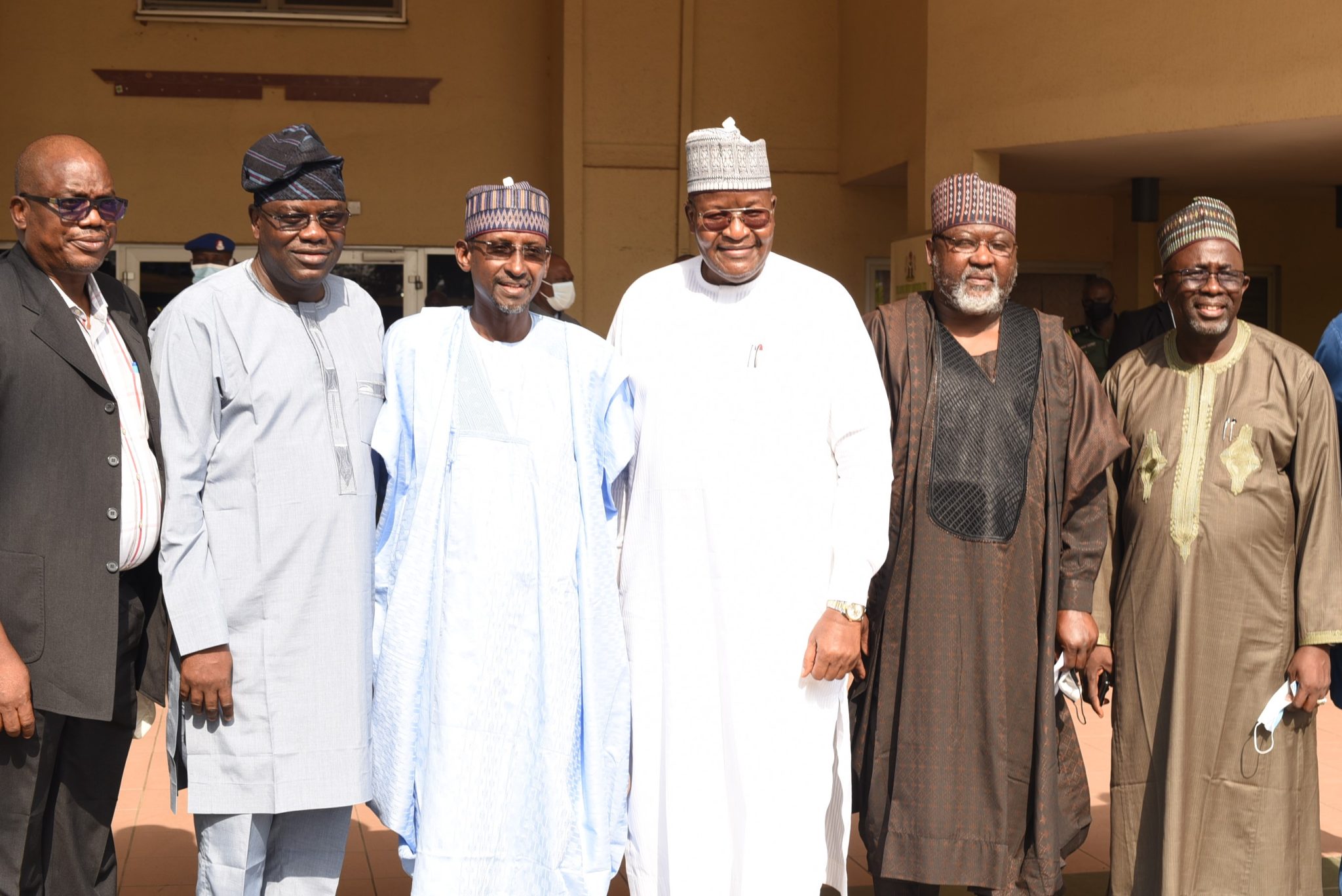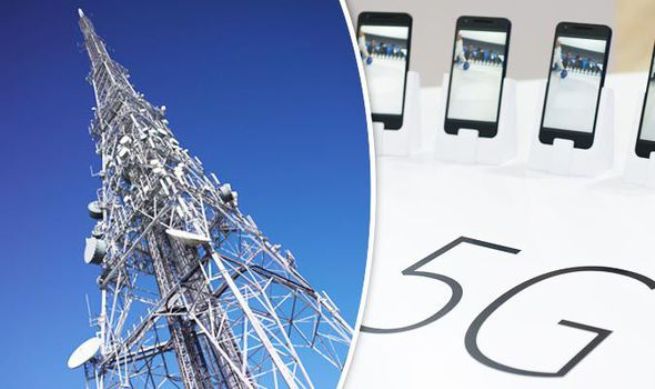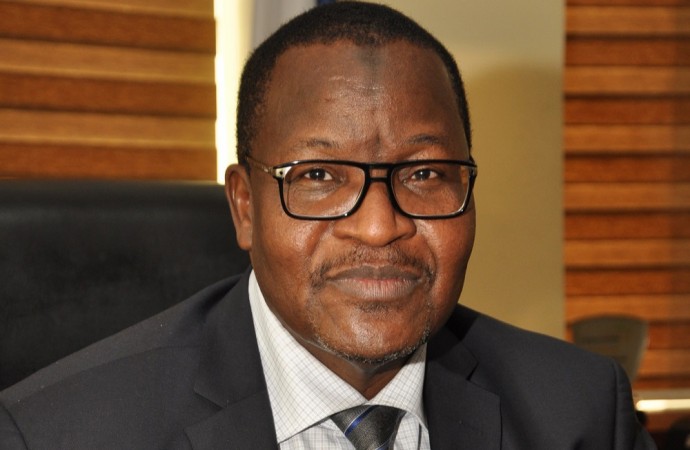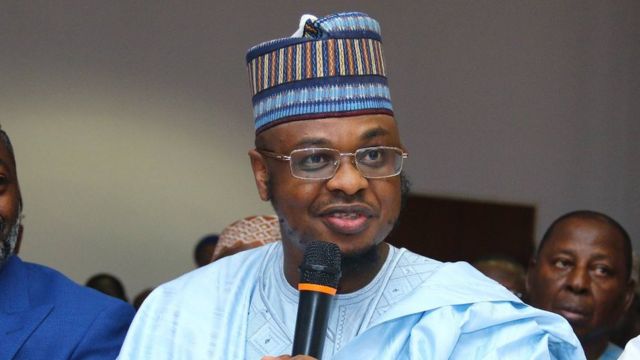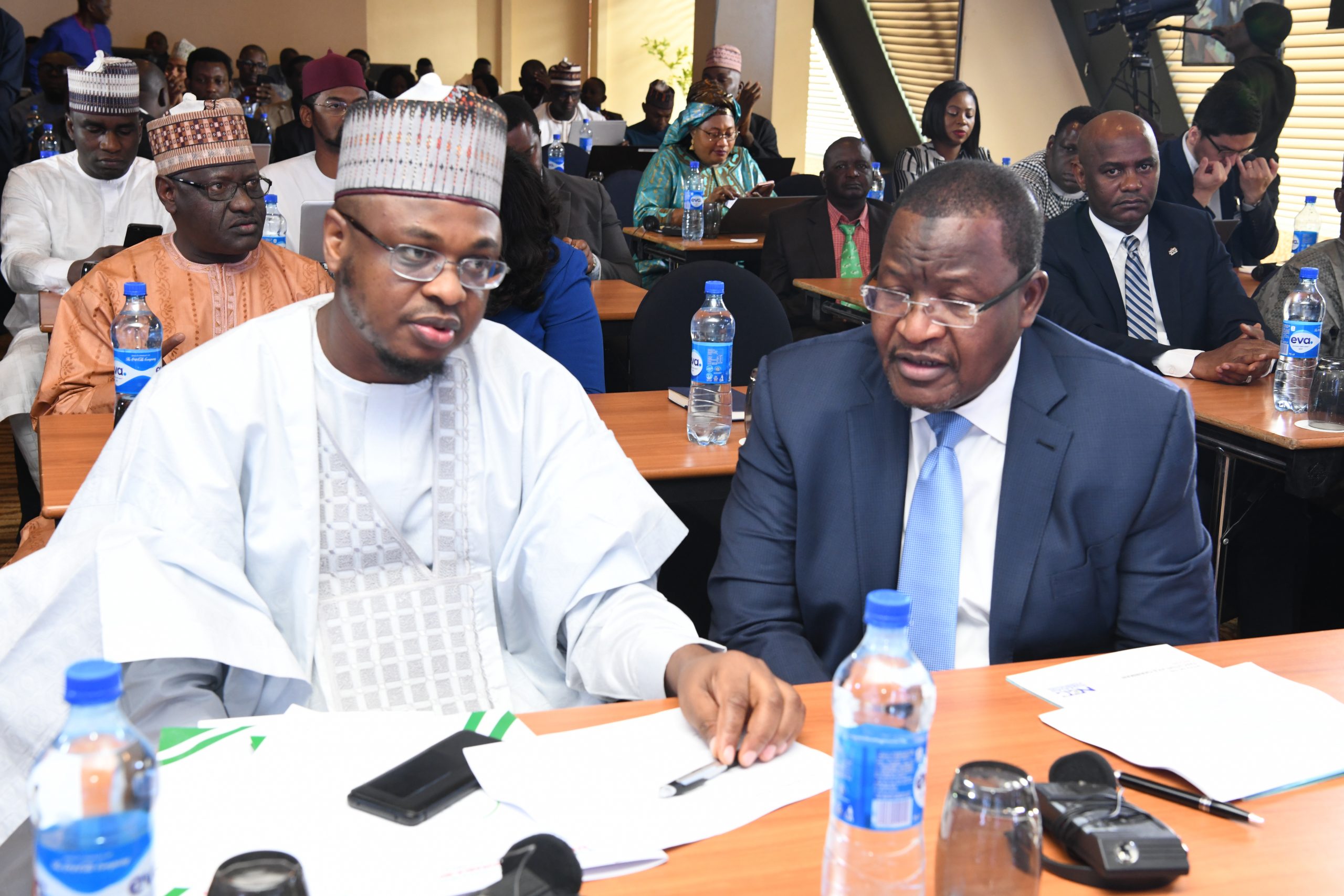By Okoh Aihe
It was last week. I saw a copy of Thisday newspaper and my eyes were fixed on the picture of this generation of Nigerians – young men and women, and even boys and girls, who were rocking the investment world with their brilliance. The vivacity of that picture enchants. The rambunctious smile on their faces spoke more of a victory lap into the future.
This is Flutterwave, a young company founded by young Nigerians, that is living the dream of a unicorn. It has just raised another $250m to expand its services across the nations of the world where it operates, especially Africa and the Middle East. The net worth is about $3bn for a company that is only six years old!
You can only understand this feat when you extrapolate that Flutterwave is a year younger than this administration that has given the nation seven blighted years of pain and sorrow, with more people going into extreme hunger. Yet within this period a young organisation is raising funds from the international community to power its business and continue to retain investment interest and enthusiasm.
My mind only goes back to a young fellow who visited the country at the advent of mobile telephony (GSM) in early 2000. It was a propitious moment for him as he refused to return abroad but instead choosing to set up a value added company in Nigeria. In no time this fellow had made so much money that returning abroad only became illusory. This young generation seeks something beyond the understanding of the dodos, custodians of ancient history who are afraid to admit that their time is far gone.
A statement from the organisation called the feat “a validation of African talent, innovation and its young inspiring people. It is also a huge endorsement in the growth of the business, innovation and technology landscape in Africa.”
Flutterwave’s latest backers, it was revealed, include some of the world’s most respected investors led by B Capital Group, and with participation from Alta Park Capital, Whale Rock Capital, Lux Capital, among others. Several existing investors who also participated in previous rounds also followed this round, including, Glynn Capital, Avenir Growth, Tiger Global, Green Visor Capital,and Salesforce Ventures.
Flutterwave was founded in 2016 by three young Nigerians, namely: Iyinoluwa Aboyeji, Olugbenga Agboola and Adeleye Adekoya. With headquarters in San Francisco, California, and operations across some African countries – Nigeria, Kenya, Ghana, South Africa and some other seven countries in the continent, Flutterwave, according to its Wikipedia page, is a Nigerian fintech company that provides a payment infrastructure for global merchants and payment service providers across the continent.
In March 2021, Flutterwave secured an investment of $170m, bringing the fintech company’s valuation to $1bn and achieving the enviable status of a unicorn. The $250m raised in series D funding has brought the company’s valuation to $3bn. For this young organisation, it seems the only way to go is up.
The pertinent question therefore is what are the investors paying for? The organisation, as reported, served some details.
“Since inception in 2016, the Flutterwave team has been on a mission to create endless possibilities for customers and businesses in Africa and the emerging markets. The Series D fundraise comes on the back of an impressive run of five years in which Flutterwave has processed over 200M transactions worth over $16 billion to date across 34 countries in Africa.
“It also follows a year of rapid growth for the brand which now serves over 900,000 businesses across the globe. In 2021, Flutterwave launched a range of new products including Flutterwave Market for merchants to sell their goods via an online marketplace and, most recently, Send, a remittance service that empowers customers to seamlessly send money to recipients to and from Africa.”
Flutterwave seems to be demonstrating a rare cluster of fintech creativity and the investing community is acknowledging their efforts by demonstrating that investment is blind to colour and race when the idea is right and the business plan solid.
What therefore is the lesson in this? Simple. The future belongs to the young generation of this nation. The government should give them a little space in business and polity to express themselves and pull the stars down to the earth, if you permit that hyperbole.
Even in the midst of this dreariness going on in Nigeria, there is hope rising. Flutterwave acknowledged the role of the Central Bank of Nigeria (CBN) which, through some new policies, has created some windows of opportunities for new ideas to sprout. There was the news only recently that some tech startups have raked nearly a billion dollars of investments into the country. The story can even be better if the nation responds in the affirmative through the provision of a more enabling environment for business.
A primary party in this ecosystem is the Nigerian Communications Commission (NCC) whose responsibility it is to further animate the telecommunications sector to enable operators provide a superstructure that can support more complex but rewarding operations. It is easy to see that a nexus between the Commission and the Central Bank have created some glaring opportunities in the economy.
But my first reaction here is that the NCC should be left alone to properly regulate the industry by a minister whose contumelious hold on the industry could instigate a crisis of unanticipated proportions. Those with their mouths wide open for political patronage are too selfish to contemplate the extensive damage the minister is inflicting on the industry.
Having said that, I am optimistic that the coming of 5G will unleash a new wave of development and creativity, and also enhance the speed of transactions and the movement of big data.
One would think the the NCC is acknowledging this role and ready for a rejig of operations when it’s chief executive, Prof Umar Garba Danbata, said in a statement last week, that “the Commission was irrevocably committed to the implementation of various regulatory initiatives and programmes, in collaboration with all stakeholders in the telecom ecosystem, towards bridging identified gaps and shortages in critical telecom infrastructure in the country.”
That sounds very seminal but one would only pray that the Commission sticks to lithe regulation and damn every extraneous influence exerting debilitating pressure for parochial benefits.
